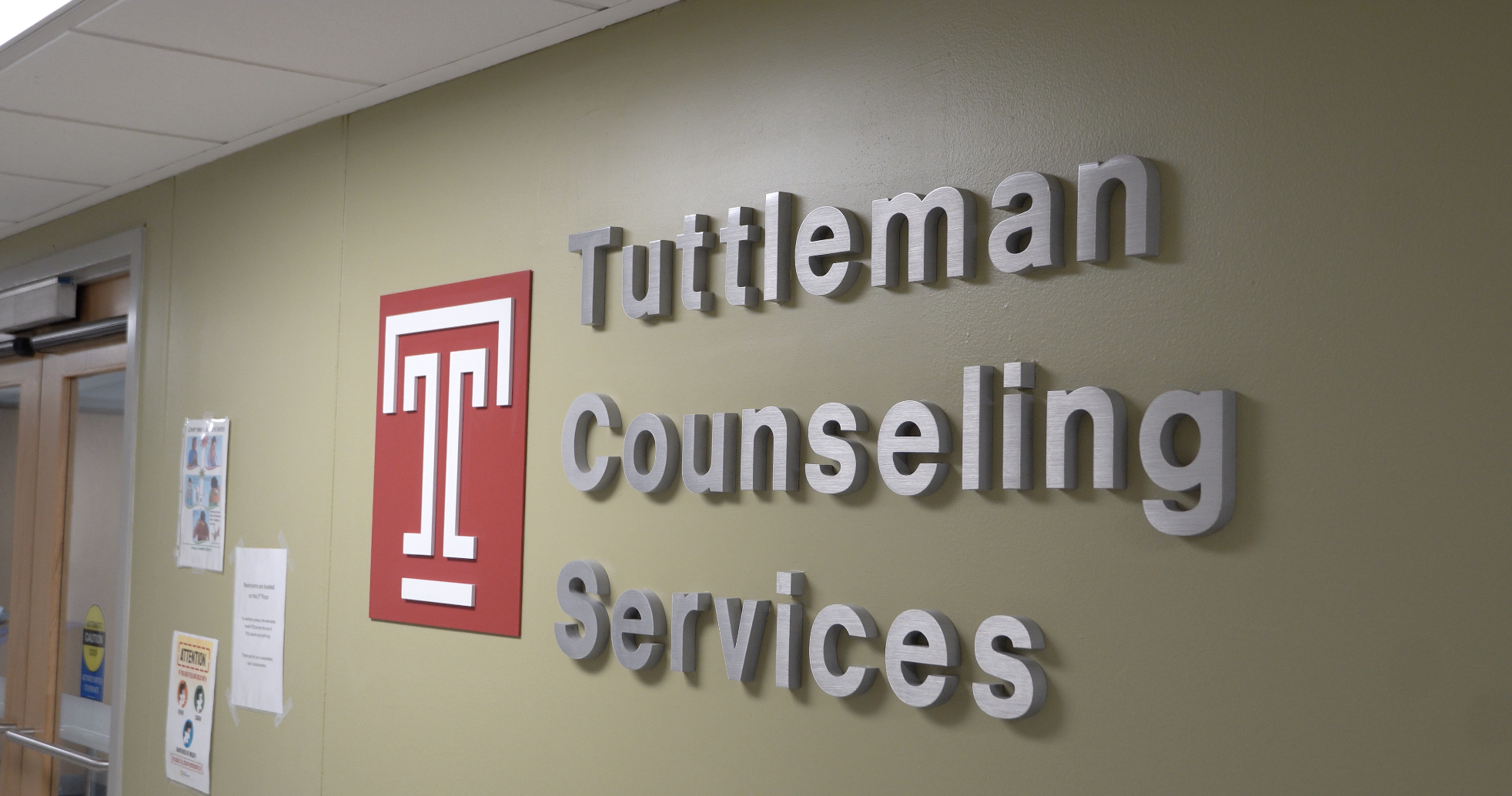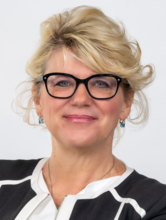Enhancements in Mental Health Services at Temple University
Temple University’s Tuttleman Counseling Services (TCS) has undergone significant transformations to address student concerns, including long wait times and limited access to mental health services. These changes aim to provide more immediate support to the student body.
Andrew Lee, who has led Tuttleman Counseling Services since 2021, noted that the previous system often resulted in weeks-long waitlists. Under his leadership, students can now see a counselor on a short-term basis before being referred to external services if necessary. Lee remarked, “I hear it from students, I hear it from administrators, I hear it from a lot of people that TCS has really changed, that it feels much more accessible.”
The service prioritizes students who lack access to external mental health resources. For those who require intensive treatment or can easily access outside counseling, TCS facilitates a smooth transition with the help of its case management team.
Despite challenges, Tuttleman Counseling Services has managed to maintain full staffing by hiring eight additional counselors and opening a new center on the Health Sciences campus. This expansion was made possible by a $1 million investment aimed at improving staff retention, as reported by The Temple News.
Mark Denys, associate director of health and well-being, highlighted the importance of this investment. “[Provost Gregory Mandel] committed significant dollars to investing in specifically mental health resources, so we’ve been able to increase salaries and staff, which has helped us retain staff,” said Denys, noting that staff retention has significantly improved.
According to a Fall 2022 American College Health Association study, 21% of college students experience serious psychological distress, and 51.7% report feelings of acute positive loneliness. However, only 37% of students seek mental health care while in college, as stated in a March 2024 report from U.S. News/Generation Lab.
Brandon Snead, a recreation therapy instructor, emphasized the importance of understanding students’ mental health needs. “I think having some kind of mental health understanding when we’re looking at our students and what they’re probably not going to tell us, I think could be really important to us as instructors,” Snead commented.
TCS offers a variety of programs, including therapeutic yoga, meditation, and an anonymous online peer support system called TogetherAll. The “Let’s Talk” initiative provides informal, confidential consultations at various campus locations, offering students a chance to speak with counselors without an appointment.
Group therapy options are also available, covering topics such as ADHD coping strategies, support for queer and Black students, grief circles, and relationship classes. Tuttleman’s team of approximately 40 clinical staff members, including counselors and psychiatrists, work in rotations to meet student needs.
Lee emphasized the importance of accessibility, stating, “Pretty much any time that we’re open, students can come in and we have counselors available to speak with them, so that was something that was really important to me. Students want to receive the help when they need the help, they don’t want to wait or have that gap in the support they need. That’s why we did everything we did.”
Read More Here













Be First to Comment